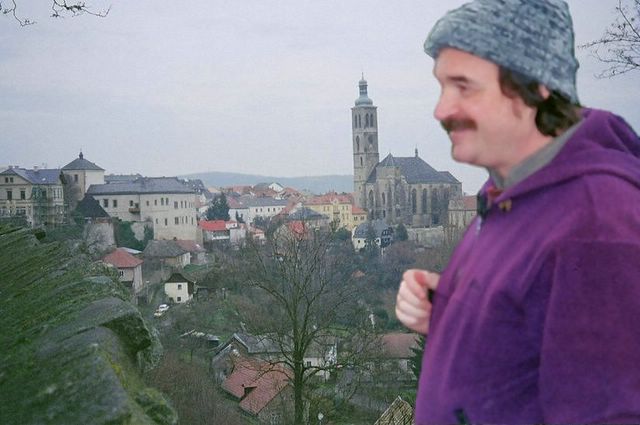Recently, the company Shout Factory, has re-released the movie Beast of Yucca Flats, with new special features, one of which is called:Coleman Francis: Cinematic Poet of Parking. In it, Tv's Frank does some of the first meta analysis of the cinematic works of Coleman Francis, who is known nowadays for having directed the 3 worst movies of all time per a vote done at the IMDB website. My brother, sent me an email in which he did a more serious look at these films, and out of this evolved this post and the one just under it. I present them here in toto, with the interest, that it may be a basis of an actual serious look at these unusual early 60s movies.Thus:
Against the current ran a series of ideas, some of them direct continuations of Romantic schools of thought. Notable were the agrarian and revivalist movements in plastic arts and poetry (e.g. the Pre-Raphaelite Brotherhood and the philosopher John Ruskin). Rationalism also drew responses from the anti-rationalists in philosophy. In particular, Hegel's dialectic view of civilization and history drew responses from Friedrich Nietzsche and Søren Kierkegaard, who were major influences on Existentialism. All of these separate reactions together, however, began to be seen as offering a challenge to any comfortable ideas of certainty derived by civilization, history, or pure reason.
(from http://psychology.wikia.com/wiki/Modernism)
I see Coleman from a different view. Coleman is in summation that "separate reaction" mentioned above. "The vehicle as vehicle". You can make a case that Coleman was merely a pale reflection of Brodrick Crowford's protrayal of the common man in Highway Patrol, but I think it goes much deeper than that. For Coleman the human condition has been lost in the time of machines, the car, the plane, the H-bomb. He in not comfortable with "your" history, much like Sarah Palin, Coleman demands his own history, his own view, his own terrible outcome.
Insanity in individuals is rare - but in groups, parties, nations, and epochs, it is the rule.
- Friedrich Nietzsche
I put it to you that Coleman is that rare individual for whom "insanity" is the canvas upon which the visions and illusions of his cinema are cast in the starkest and most turgid of ways. Parking cars is for Coleman the proper expression of man's role and man's hideous fate on this squalid and threatened planet. Unhappy with the limitation of the car Coleman edged out into the other realm, the sky above us. Planes and Helicopters become the better exponent of death and of dying, the car is rendered somewhat passe' and less an instrument and more a device, a necessity, a tool.
“Life can only be understood backwards; but it must be lived forwards.”
Soren Kierkegaard
Indeed, Coleman forces us forward. He lives in fourth gear, he smokes constantly and wrestles without hesitation with a substantial caffeine addiction. I submit it is not the car being parked, it is in fact our minds being placed in neutral as Coleman spins his tale.
- - -Tatomatic, aka T.P.
Subscribe to:
Post Comments (Atom)


No comments:
Post a Comment